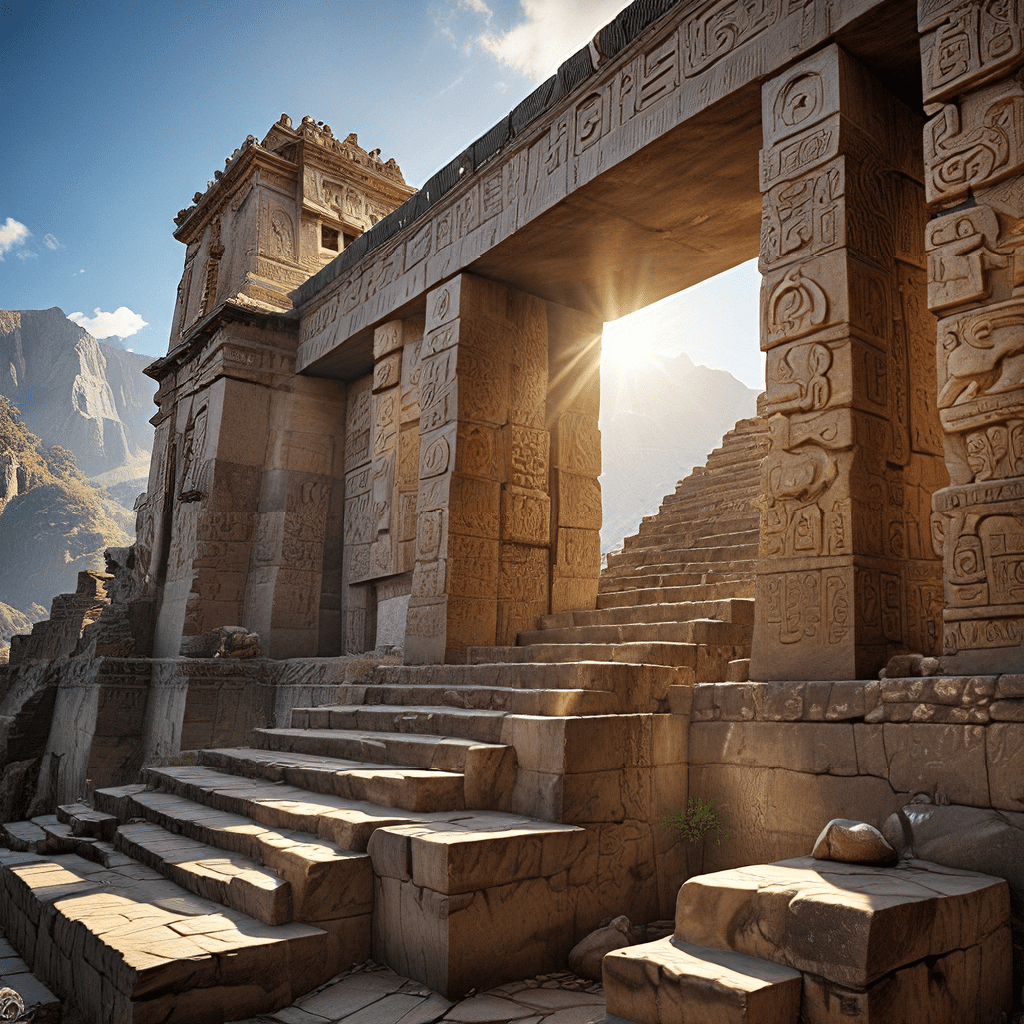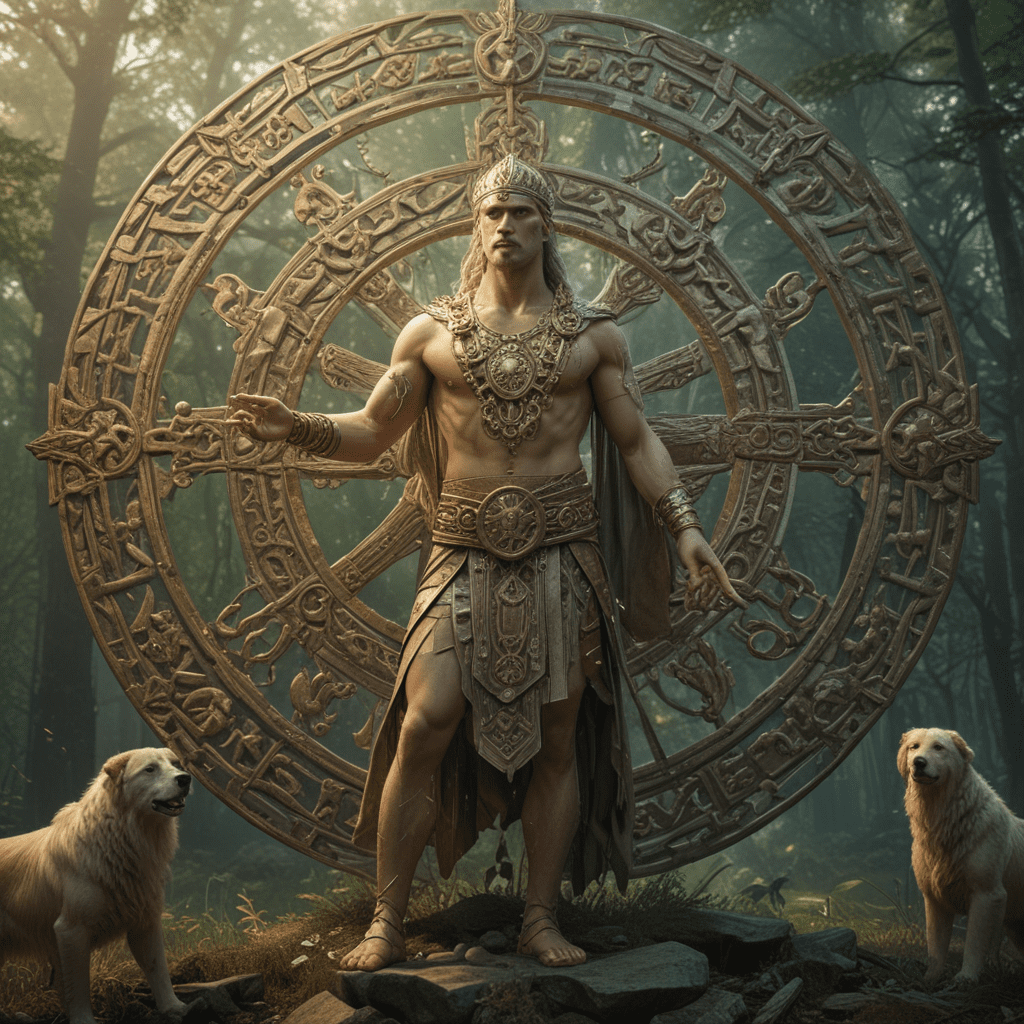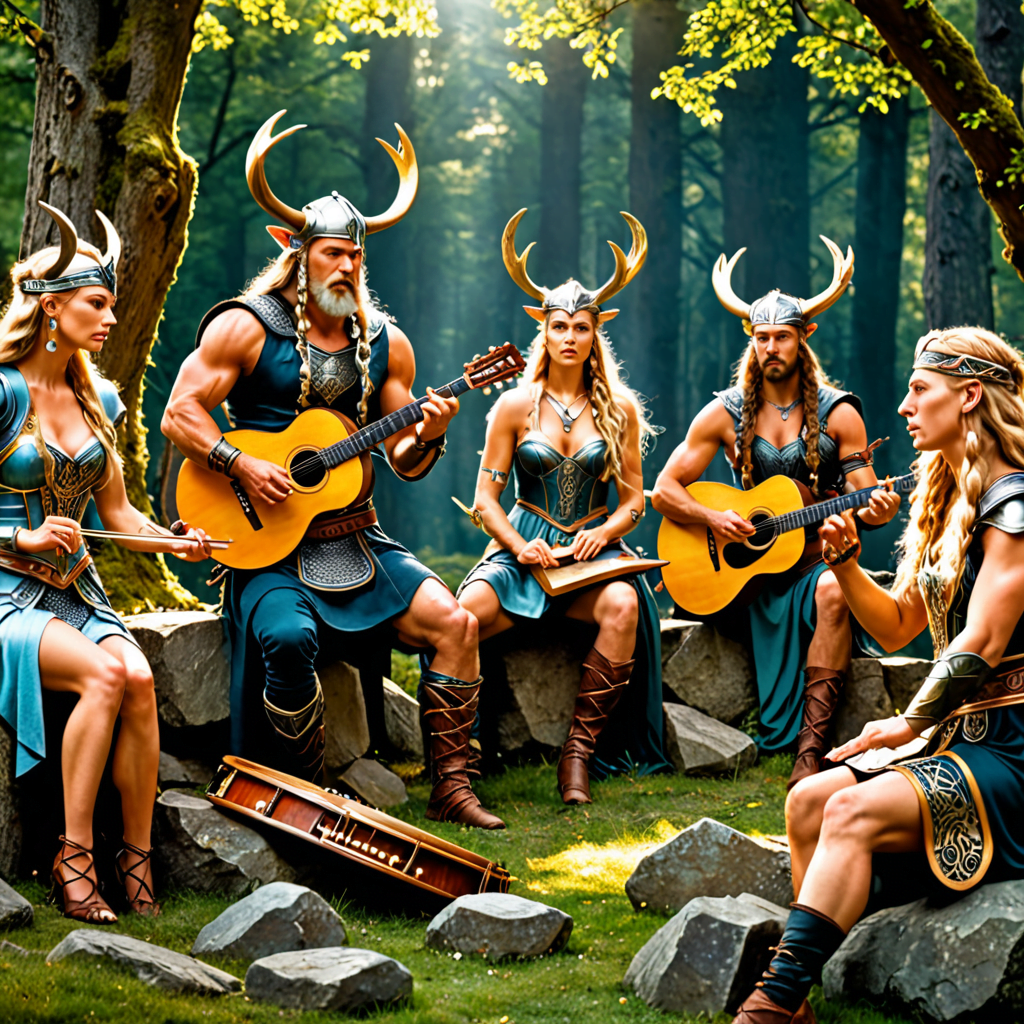The Connection Between Celtic Mythology and Water
Understanding Water’s Significance in Celtic Mythology
In Celtic mythology, water holds significant symbolism and is often associated with cleansing, healing, and rebirth. Lakes, rivers, and seas are considered sacred, and many Celtic deities are connected to bodies of water. The Celts believed that water had transformative powers and used it in rituals to seek blessings or purification.
The Role of Water Deities in Celtic Beliefs
Water deities played a central role in Celtic mythology. For example, the goddess Danu, considered the mother of the Tuatha Dé Danann, was associated with rivers and wisdom. Additionally, Manannán mac Lir, the god of the sea, was revered for his control over the waters and his ability to travel between the earthly realm and the Otherworld.
Mythological Creatures Tied to Celtic Water Themes
Within Celtic folklore, creatures such as selkies, water spirits that can transform from seals into humans, and kelpies, shape-shifting water horses, are entwined with tales of the seas and rivers. These mythical beings underscore the mystical connection between Celtic culture and the waters that surround their lands.
Modern-Day Reflections of Celtic Water Myths
Today, the reverence for water in Celtic mythology echoes in traditions like holy wells, where offerings are made for healing, and in the belief in mystical beings residing in lakes or rivers. Celebrations like Imbolc, linked to the goddess Brigid, emphasize the renewal and life-giving properties associated with water in Celtic belief.
FAQ: The Connection Between Celtic Mythology and Water
What role does water play in Celtic mythology?
Water holds significant importance in Celtic mythology as it symbolizes healing, purification, and rebirth. Bodies of water like rivers, lakes, and wells are believed to be entrances to the Otherworld, home to mythical beings like water deities, spirits, and faeries.
Which water deities are prominent in Celtic mythology?
Celtic mythology features deities associated with water, such as Manannán mac Lir, the god of the sea; Boann, linked to the River Boyne; and Sulis, the goddess of healing waters in Bath, England. These deities represent the power and mystique of water in Celtic beliefs.
How do tales of water in Celtic mythology inspire modern culture?
Stories of mystical creatures like selkies, kelpies, and merrows from Celtic mythology continue to captivate modern literature, art, and folklore. The reverence for water and its connection to the supernatural in Celtic myths influence various aspects of contemporary culture.




